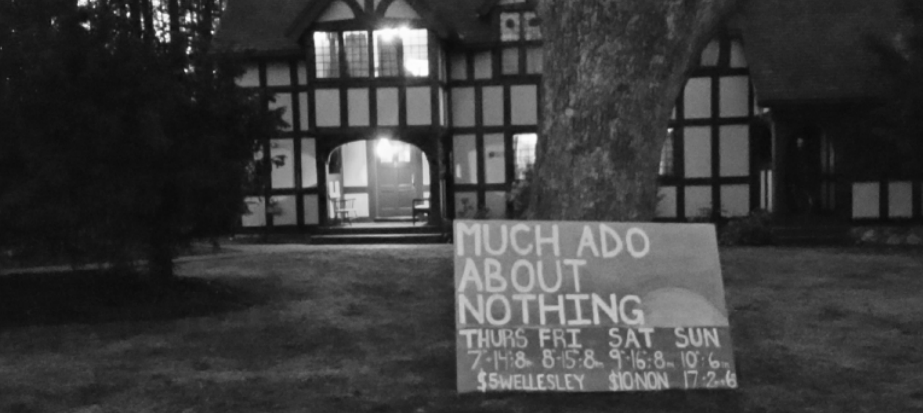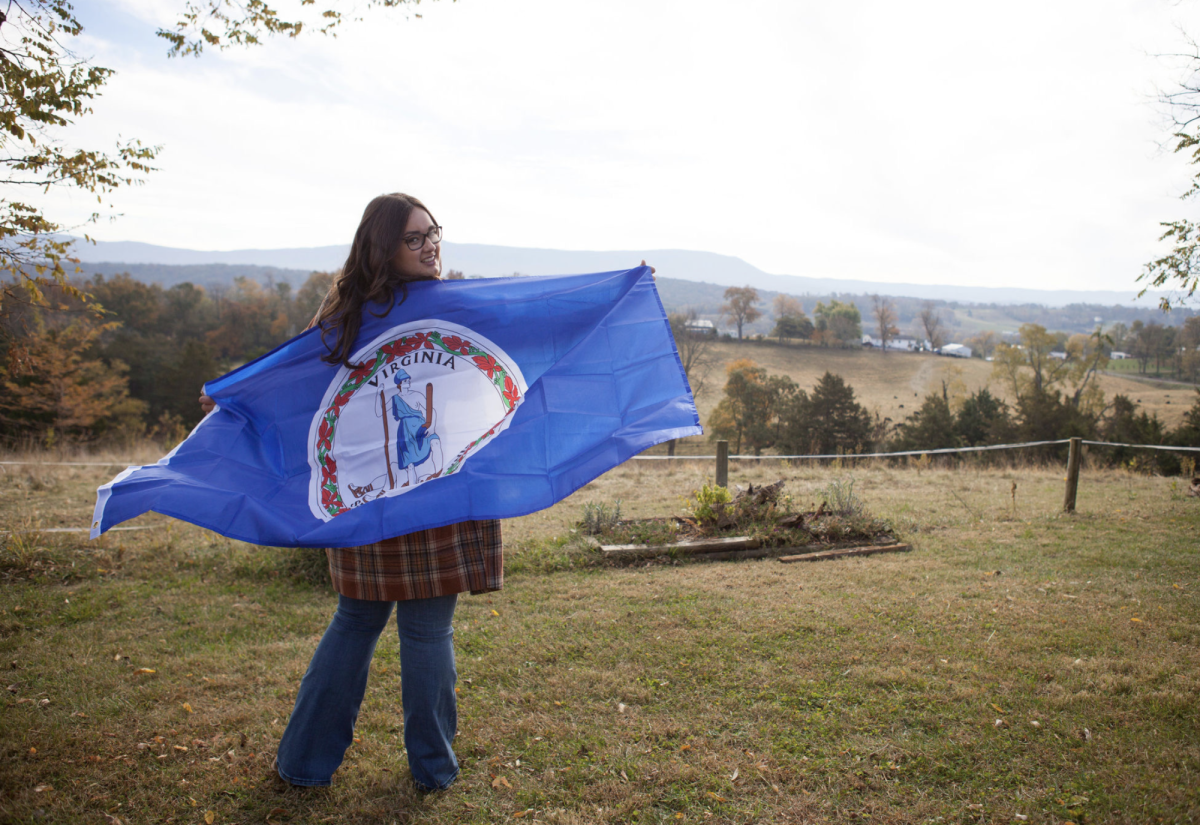From “The Comedy of Errors” to “Macbeth,” Shakespeare’s works have earned him a title as one of England’s finest writers and dramatists. The year 2016 marks the 400th anniversary of the famous playwright’s death and museums, institutions and other organizations across the globe have been commemorating Shakespeare’s life through special exhibitions and events.
Various organizations within the College have also sought to pay tribute to the Bard, including Wellesley’s own Shakespeare Society, which has collaborated with the English department to organize the Shakespeare on the Global Stage festival taking place on the weekend of April 23.
The festival will feature a keynote panel on Saturday, April 23, including speeches by Professor Tiffany Stern of Oxford University and Professor Hyonu Lee of Soon Chun Hyang University, as well as a tea on Friday afternoon with Professor Stern. In the panel, Stern will focus on “Shakespeare on the Globe Stage,” while Lee will address Shakespeare’s contributions on a more global scheme.
Other events in the festival include a performance of “A Midsummer Night’s Dream” by Yohangza, a South Korean international theater troupe, and a lecture by Harvard professor Stephen Greenblatt.
In addition, the Shakespeare Society is performing the play “Much Ado About Nothing,” directed by Rowan Winterwood ’16. Performances are currently ongoing and will continue until Sunday, April 17.
“Much Ado About Nothing” was chosen in particular to readdress the notion that, in Shakespeare’s time, women characters were often given fewer lines and played less prominent roles than men characters. This particular production of “Much Ado About Nothing” will include a cast of 17 women and four men.
In her director’s note in program, Winterwood expressed the significance of having a cast consisting primarily of women.
“Here in the Wellesley College Shakespeare Society, we are incredibly lucky to be a part of a long tradition that provides us with the opportunity to explore roles like Hamlet, Romeo, even King Lear — roles that most of us would never be considered for in a professional setting,” she said. “But is it enough to take on these roles, to say, ‘Look, we too can play men, we have the acting prowess, the skill, the gravitas to tackle patriarchs and dukes and kings!’ Or should we take it further? Should we not say, ‘Look, women can be powerful, can be angry and proud and melancholy and vicious, can rule countries and disown daughters and kill for love. Look, these characters are not necessarily men — they are people.’”
President of Shakespeare Society Caroline Kelley ’16, who is also involved with the performance, explained her perspective on why the College should celebrate Shakespeare’s 400th anniversary.
“Of course I’m biased because I believe that he is one of the greatest artists of all time. His ability to capture so many facets of human experience never ceases to amaze me, both in my literary and dramatic studies of his work,” she said. “I feel honored to be a part of such a long-standing Wellesley tradition of performing his works.”
In addition to the events organized by the Shakespeare Society, the Film Society, in collaboration with the Davis Museum, has also been screening various movie renditions of Shakespeare’s works. Some of the films shown included “10 Things I Hate About You,” adapted from “The Taming of the Shrew,” and “Throne of Blood,” a Japanese adaptation of Macbeth. Future screenings include “Omkara,” a Bollywood rendition of “Othello,” on May 4.
Sophie Olson ’18, a member of Film Society, elaborated on why she thinks it is important for students not only to read Shakespeare’s plays but also to experience his works through film.
“I think it’s important for us to watch film versions of his works because it shows how relevant Shakespeare’s works continue to be, even today,” she said. “There have been so many adaptations of his works, it just goes to show that people still find value in his writing and want to find some way to bring these stories into the mainstream pop culture.”
In addition to student organizations commemorating Shakespeare’s anniversary, the Davis Museum has also organized an ongoing exhibit entitled “That Right Promethean Fire: Shakespeare Illustrated,” which features “the legacy of artistic engagement with the Bard’s plays,” according to the museum website. The exhibit includes photographs, books and paintings from the Wellesley College Archives, the Special Collections of the Clapp Library and the Davis Museum, thus also featuring Wellesley’s interactions with Shakespeare’s works over time. The exhibit was curated by Meredith Fluke, Kemper Curator of Academic Programs at the Davis, as well as Professor of English William Cain and Ruth Rogers, Curator of Special Collections at Wellesley College.
Leilani Stacy ’18, who works for the Office of Communications and Public Affairs and is also the Publicity Chair of the Davis Museum Student Advisory Committee, shared her perspective on the significance of artistic representations of Shakespeare’s works.
“I think the variety of interpretations of Shakespeare’s work speaks to his universal influence and capacity to capture the imaginations of a variety of cultures and artists,” she said. “Any sort of visual rendering of his work is entirely based on an artist’s perception of the work, and I find it so interesting that artists continue to return to these plays, while adapting them to modern times.”
Stacy continued to explain her thoughts on why it is important that the college as a whole celebrate Shakespeare as a renowned playwright.
“The study of Shakespeare at Wellesley is particularly important because we are the only liberal arts college that requires Shakespeare for the English major, and I think it speaks to our intellectual community on campus,” she said. “I love that this ‘celebration’ has taken shape to include both students and professors, and that its expression has not been solely in the classroom. Through the Davis’ exhibition, screenings, the [Shakespeare Society’s] participation and the variety of lectures and performances, there is truly a Shakespeare outlet for everyone.”






